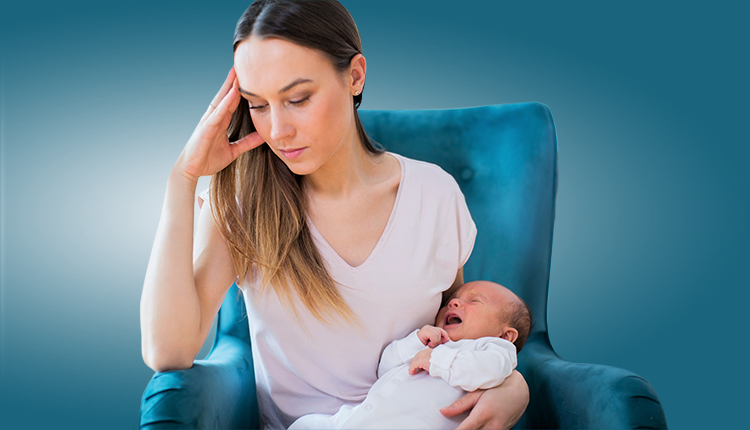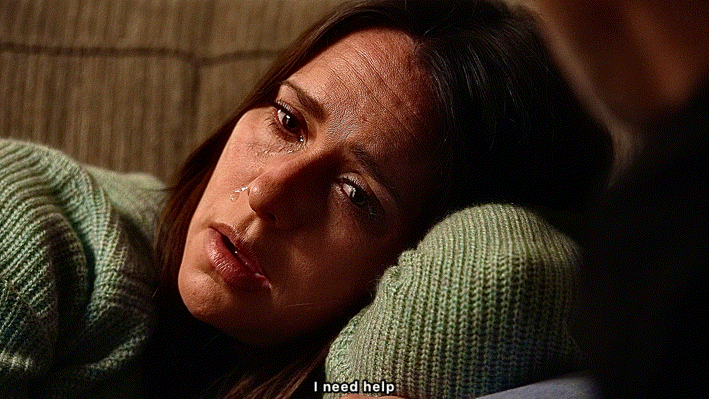
Many mothers experience post-partum depression, but most suffer in silence. It is very common, yet no one talks about it, but we are here to discuss it!
Post-Partum Depression (PPD) is a highly stigmatized yet commonly experienced side to motherhood. Due to the social stigma, its estimated prevalence rate of 22% is considered to be on the lower side.
 PPD lasts from 3-6 months post-delivery and in some instances for up to 12 months.
PPD lasts from 3-6 months post-delivery and in some instances for up to 12 months.
The symptoms include:
- Mood swings
- Irritability
- Anxiety
- Uncontrolled crying
- Loss of appetite
- Loss of sleep
- Self-intrusive or suicidal thoughts
- Psychosis (in an intense case)

The best way to manage PPD is by:
- Acknowledge your feelings and stop blaming yourself. If you find it hard to bond with the baby, remember, it is okay.
- Find moments of the day when you find yourself at peace. It could be a hot bath, a chat with a friend or simply, a walk around the house.
- Maintain a journal or take out time to write about what you are going through. Then, try to take out time (even 5-10 minutes is enough) to do the things that calm your nerves.
- Talk about your feelings to anyone you trust. The best would be to find a person in your life who has delivered a baby recently. She may have undergone the same and can definitely help you feel like you’re not the only one.
- Even if you can’t exercise in those initial days, start doing light stretches and breathing exercises. Some relaxing yoga can work too! Set up a workout regime once you get the green signal to exercise from your doctor.
If things seem out of hand, it is best to consult a professional. PPD will soon be in your past with the correct therapy and medication!

